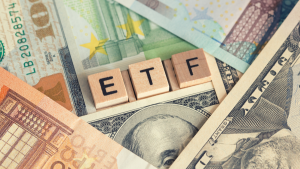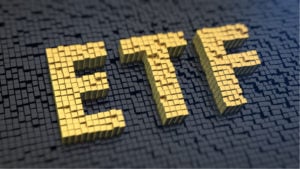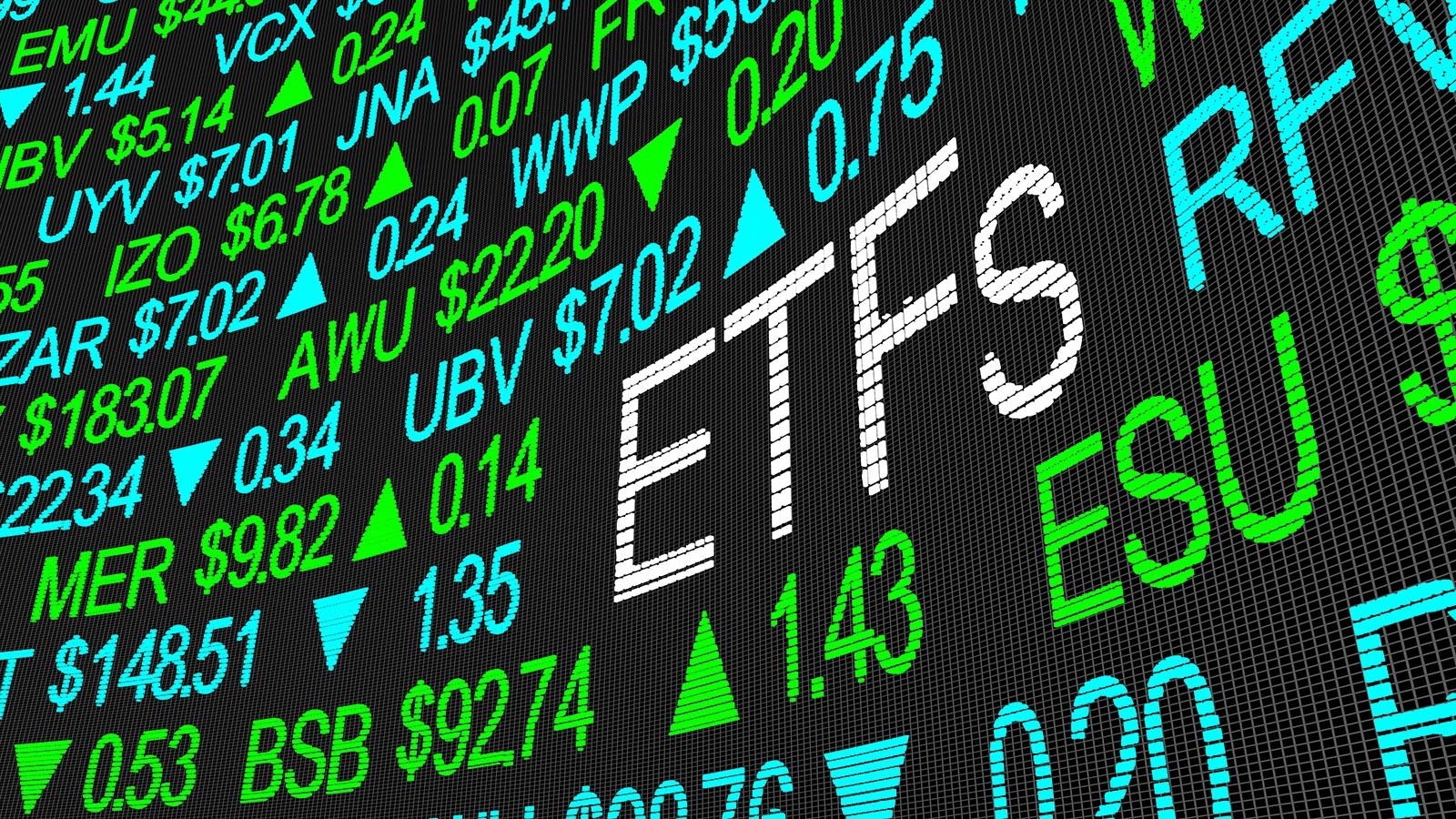There’s much speculation on the tempo at which the U.S. Federal Reserve will raise its interest rates to curb inflationary pressure. In that environment, exchange-traded funds, or ETFs, can be appealing options for investors.
Regardless of the actual pace, one thing’s for sure: short-term interest rates will rise significantly. The treasury yield curve is steepened, suggesting a significant difference between implied short-term interest rates versus long-duration rates. Steepening of the curve and narrowing of the 10-1Y spread on the treasury yield also tells us we’re headed into a contractionary economic cycle that entails cyclical stock performance.
Many investors tend to pull their money out of the market whenever yields rise. However, a smart investor knows cyclicality can be your friend. Nonetheless, volatility remains an issue during rising interest rates, so you ideally want to avoid idiosyncratic risk by opting for ETFs rather than single stocks.
With that in mind, here are three ETFs to buy during a rising interest-rate environment.

| SQQQ | ProShares UltraPro Short QQQ | $47.42 |
| VDC | Vanguard Consumer Staples ETF | $192.42 |
| KBWB | KBW Bank Invesco ETF | $59.75 |
ProShares UltraPro Short QQQ (SQQQ)

ProShares Advisors manages this ETF with the sole mandate of providing three times the inverse of the Nasdaq 100 composite’s returns. The ProShares UltraPro Short QQQ (NASDAQ:SQQQ) ETF is a lucrative option right now, as it takes on the opposite position of growth stock speculators. Growth stocks tend to struggle during rising interest rate environments because their cash flows yield excess sensitivity to mature stocks.
The Nasdaq’s 23% drawdown this year has caused many to believe it’s a buy-the-dip opportunity. However, past price isn’t always an indicator of future price, and macroeconomic factors need to be considered. The current macroeconomic environment isn’t conducive for a tech stock surge, as contractionary economic policies tend to direct investors towards more defensive stocks.
Lastly, SQQQ provides a solid deal to its investors. The fund runs at an expense ratio of only 0.95%. I’m definitely bullish here.
Vanguard Consumer Staples ETF (VDC)

According to Wells Fargo analyst Chris Carey, consumer staples will likely outperform the market, as they exhibit the necessary properties to ride-out economic headwinds. These stocks are a go-to for many investors during economic downturns, as they generally possess market strongholds and demonstrate sustainable cash flows.
The Vanguard Consumer Staples Fund (NYSEARCA:VDC) provides investors with access to high-quality stocks such as Coca-Cola (NYSE:KO), Walmart (NYSE:WMT) and Procter and Gamble (NYSE:PG). Furthermore, VDC distributes a respectable dividend at a forward yield of 1.57% and runs at a low expense ratio of only 0.1%.
I think VDC is a buy. It’s a longer duration play than a near-term tactical yield allocation. However, the excess volatility in the market could give rise to its portfolio for the foreseeable future.
KBW Bank Invesco ETF (KBWB)

The Invesco KBW Bank ETF (NASDAQ:KBWB) is a banking pure play. The ETF is managed by Invesco, with its main objective being investing in large U.S. money centers. Banking stocks typically outperform whenever interest rates rise, as they’re reliant on a robust debt market. Additionally, banks employ highly-skilled workers, resulting in massive wage bills. Thus, a contractionary economic environment trims running costs and proliferates profits.
Some of KBWB’s largest holdings include JPMorgan Chase (NYSE:JPM), Bank of America (NYSE:BAC) and Citigroup (NYSE:C). KBWB’s portfolio seems well-diversified, but it remains a high conviction play, meaning investors can expect excess volatility.
The ETF’s expense ratio is respectable at 0.35%, and its forward dividend yield of 2.4% is undoubtedly attractive. KBWB is certainly a “best-in-class” conviction play and should be on your list of ETFs to buy.
On the date of publication, Steve Booyens did not hold any position (either directly or indirectly) in the securities mentioned in this article. The opinions expressed in this article are those of the writer, subject to the InvestorPlace.com Publishing Guidelines.
